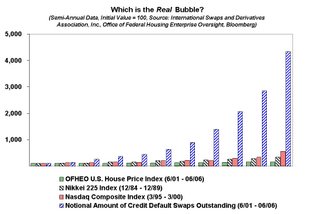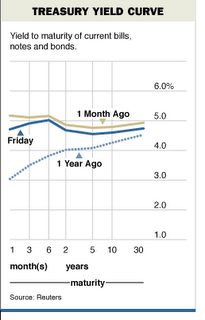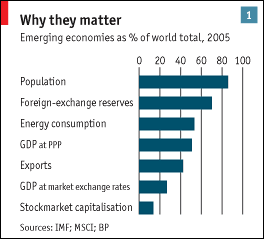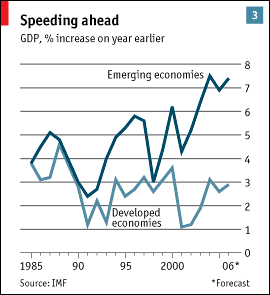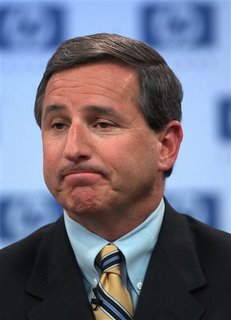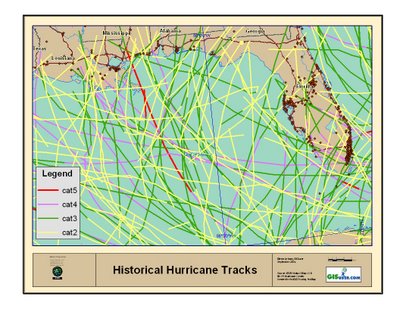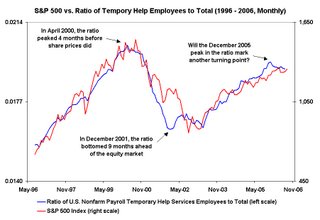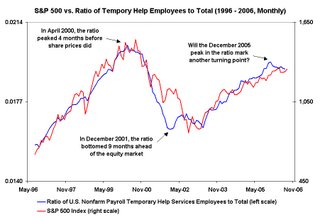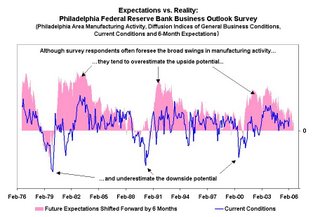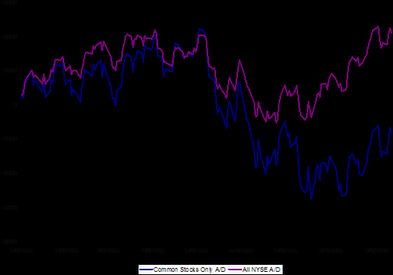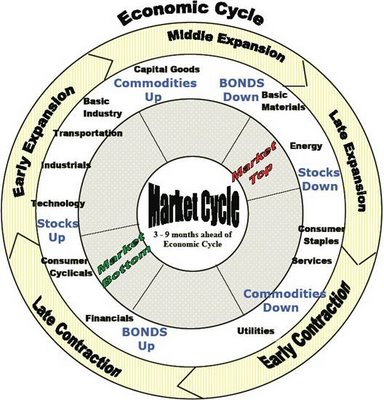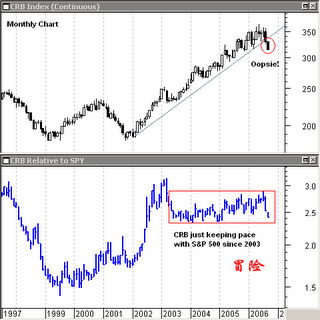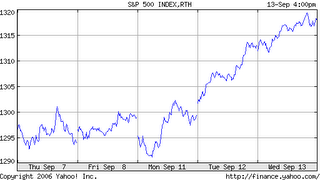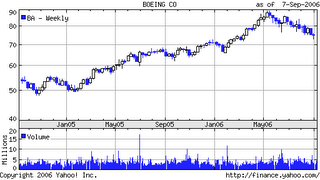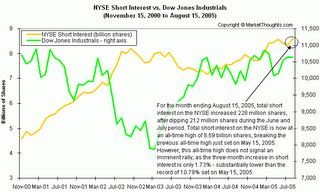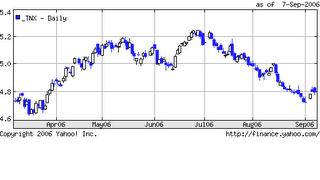H-P: Comedy or Tragedy?
"I think I did something for the worst possible reason -- just because I could. I think that's the most , just about the most morally indefensible reason that anybody could have for doing anything. When you do something just because you could ... I've thought about it a lot. And there are lots of more sophisticated explanations, more complicated psychological explanations. But none of them are an excuse ..." - Bill Clinton

From what I've read and heard this week most folks were generally annoyed with the media soaking up bandwidth over the H-P soap opera. But I'm deeply troubled after listening to Dunn and Hurd. In my humble opinion there appear to be a row of giant pink elephants in the room that somehow remain unobserved.
Witness:
H-P employed some of the finest business and legal minds our country can produce, yet after each one testified that, indeed, the whole thing was obviously immoral and wrong, they complained Congress needs to enact laws to make pretexting clearly illegal. Clearly immoral or clearly wrong apparently aren't enough.
Dunn and a growing list of executives have resigned- not for shame... hey, they did nothing clearly illegal!- but because they will be working 24/7 on their legal defense. Dunn unintentionally provided the best knee-slapper of the day when she said she thought the phone records were accessed through sources in the public domain. She's positioning herself as the Ken Lay of H-P.
In contrast, Hurd is positioning himself as the antidote to H-P's diseased board. By God, he's going to push hard to get to the bottom of the whole thing! But he also repeated his mantra, being careful to use the future tense, that he takes "full responsibility"... a clever way to reasssure Wall Street by forecasting his continued reign, while he disarms critics (though without any tangible consequences).
In all the coverage so far nobody seems curious why Tom Perkins was the only one to resign in protest (before it became fashionable to do so).
In one of many ironies, before the sordid details about the investigation were leaked (yes, there was a leak about a leak investigation), the Board considered the secret investigation a success. After all, despite the methods used to obtain the information, when they learned which board member was doing the leaking he was confronted and forced out. Only now, with copious amounts of sunshine disinfecting the boardroom, they offer apologies all around.
Bottom line, here's what we learned this week: a) as long as the stock price is up 50 cents, the media give you a get out of jail free card; b) The H-P Way is now a joke (watch for that one to be quietly dropped); and c) the public now sees what H-P insiders have complained about for years: a culture of backstabbing by petty tyrants refined to an art form.
